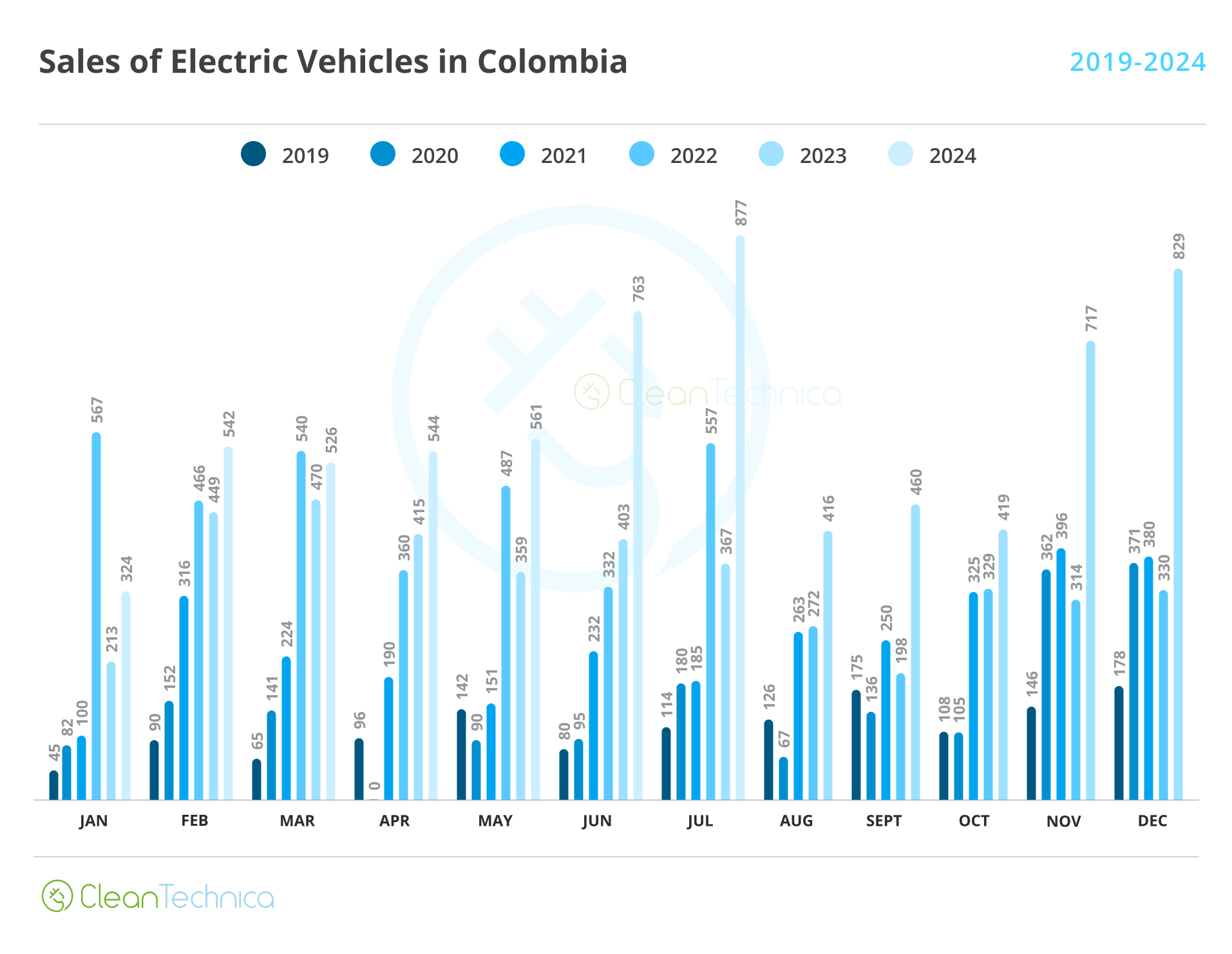Sign up for daily news updates from CleanTechnica on email. Or follow us on Google News!
Late last September, the latest round of the UK government’s offshore wind auctions failed. Experts at the Global Wind Energy Council believe that this should serve as a pivotal moment for the global offshore wind industry.
Despite clear and persistent warnings from industry experts, the UK policymakers persisted in promulgating conditions that made the auctions unfeasible. No bidders came forward.
“We hope the UK government learns a lesson from this: wind energy is cheap, but it’s not free, and investors can’t be taken for granted. We are seeing these challenges around the world, and governments will be watching today’s news closely,” Ben Backwell, CEO of the Global Wind Energy Council, remarked.
The situation happened as the Global Wind Energy Council (GWEC) in Melbourne, Australia, was wrapping up. The first confirmed reports came out on September 5, with other stories coming out around September 7 and 8, and focused on how the UK government, “has not done enough to support the offshore wind industry.”
One example is the lack of clear guidance on future offshore wind development targets.
Unrealistic Price Caps
What CleanTechnica found out is that that the price caps for this year’s auction were lower than those in the previous round. This made it difficult for developers to submit bids that were both competitive and profitable.
The cost of developing offshore wind projects has been rising in recent years due to factors such as inflation and supply chain disruptions. This made it even more challenging for developers to meet the government’s price caps.
The Lesson For New Offshore Wind Markets
This cautionary tale should resonate with regions around the world, especially in greenfield sites found in Asia-Pacific (APAC) and Latin America that harbor aspirations for offshore wind development. Rather than replicating the UK’s mistakes, these regions must prioritize collaboration between governments and the industry to expedite the adoption of renewable energy solutions.
In the Philippines, for example, the efforts of government are focused on involving all sectors immediately to ensure project success. This “whole of society, whole of government” support system is ensured by Executive Order No. 21 or the “Policy And Administrative Framework For Offshore Wind Development.”
In Vietnam, the centralized management of the energy sector is crucial to the quick development of offshore wind.
Analysts at the GWEC say that in most cases, the offshore wind industry developers are eager to partner with governments to build the infrastructure required for clean job creation, robust industrial development, and climate-resilient growth, with the caveat that “this partnership must be forged with a mutual acknowledgment of shared challenges related to costs, supply chains, and coherent industrial strategies.”
The Red Flags Were Neglected
In the latest Global Offshore Wind report, a staggering 380 GW of offshore wind capacity was projected to be installed in the next decade. Achieving this potential necessitates an unparalleled level of cooperation, both between governments and the industry and among different regions. The failure of the UK’s recent auction serves as a regrettable lesson that industrial growth on this scale hinges on collaborative efforts.
“The UK government didn’t listen to repeated industry warnings about inflationary pressures and increased capital costs, so it is no surprise that the auction has been a failure. This is a huge missed opportunity, particularly as offshore wind remains much cheaper than gas,” Backwell further emphasized.
This year, the global wind industry celebrated the milestone of surpassing 1 terawatt of global wind capacity, underscoring the fact that wind energy forms the bedrock of a new global energy system that delivers clean, secure, and cost-effective energy. A robust industrial strategy that acknowledges the transformative role of wind energy in economic development, while enabling sustainable sector growth, will be instrumental in sustaining this progress.
A Setback For Clean Energy
The failure of the UK’s offshore wind auction is a setback for the country’s clean energy ambitions. The UK government has committed to achieving net zero emissions by 2050, and offshore wind is a key part of this plan. However, the auction failure suggests that the government needs to do more to support the offshore wind industry and make it easier for developers to build new projects.
“The UK is competing with other markets around the world for clean energy investment — just look at how many other countries worldwide are advancing their offshore wind sectors. The UK needs policies that will attract investment and jobs, not a race to the bottom in pricing that makes investment impossible. Offshore wind is poised to play a monumental role in the energy transition, but it’s vitally important that governments collaborate with industry and investors to create the right conditions,” Backwell concluded.
The GWEC, in a press statement, has called on the UK government to learn from the mistakes of the latest auction and to create a more supportive environment for the offshore wind industry. The GWEC has also urged other governments to avoid making the same mistakes as the UK and to set realistic price caps for offshore wind auctions.
Have a tip for CleanTechnica? Want to advertise? Want to suggest a guest for our CleanTech Talk podcast? Contact us here.
EV Obsession Daily!
I don’t like paywalls. You don’t like paywalls. Who likes paywalls? Here at CleanTechnica, we implemented a limited paywall for a while, but it always felt wrong — and it was always tough to decide what we should put behind there. In theory, your most exclusive and best content goes behind a paywall. But then fewer people read it!! So, we’ve decided to completely nix paywalls here at CleanTechnica. But…
Thank you!
Tesla Sales in 2023, 2024, and 2030
CleanTechnica uses affiliate links. See our policy here.




